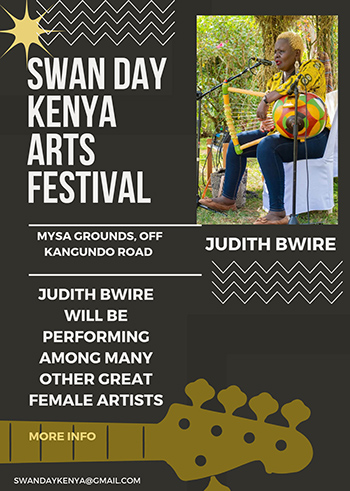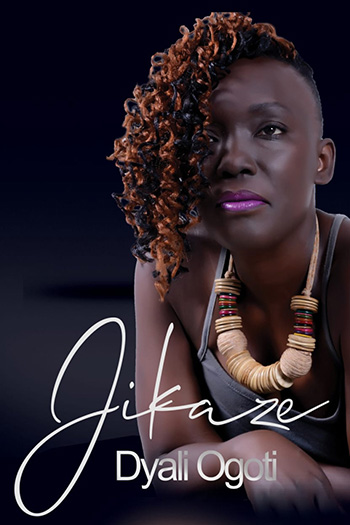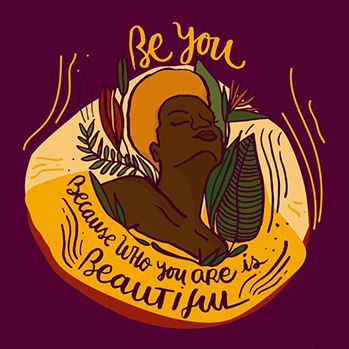“We just need to keep organizing and organizing and organizing more.” – Sophie D. Ogutu, Support Women Artists Now Day Kenya
On March 30, 2024, women artists in Nairobi, Kenya celebrated their 16th annual Support Women Artists Now Day with a festival of music, dance, and spoken word, as well as visual arts and crafts. Their longevity is remarkable since the economic and political conditions in Kenya are so difficult.
As women artists in the U.S. and elsewhere face the ongoing challenges of political upheaval, income inequality, and climate disasters, WomenArts wondered what survival skills we could learn from our sisters in Africa.
When Sophie D. Ogutu and the “Make It Happen Team” decided to organize their first Support Women Artists Now Day back in March 2008, it was only a few months after violence had rocked the country following allegations of cheating in Kenya’s 2007 presidential election. Although the country was under martial law and it was illegal to hold public gatherings, they successfully organized a joyful celebration.
As the U.S. heads for another controversial presidential election this fall, WomenArts spoke with Sophie D. Ogutu about the factors that sustain the festivals and the work of women artists in Kenya.
Continuity, Love & Respect – The Make It Happen Team
First of all, the key festival organizers share a deep level of trust because they have worked together for a long time. The festivals are organized every year by the “Make It Happen Team,” which consists of about 15 people including a core group of five people who have been involved since the first gathering in 2008. Other team members joined at a later date but have worked with the core group over several years.
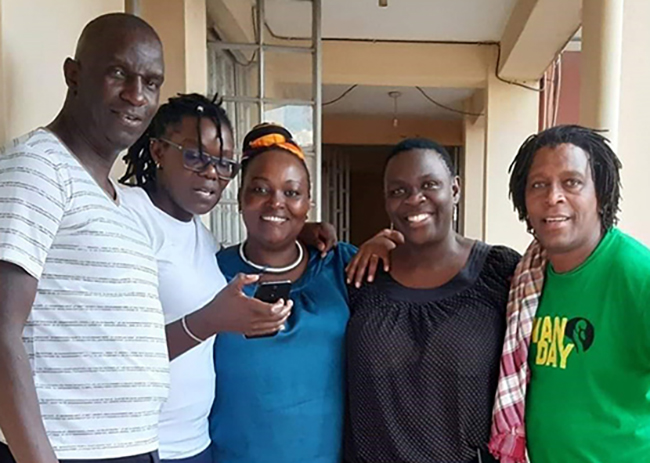
Prior to 2008, all of the five core team members – 3 women and 2 men – were performers in a progressive theatre company called “The 5 C’s” that created programs to educate people about social issues. The theatre’s name was an abbreviation of the name of their first play, Five Centuries of Slavery, Colonialism, Neocolonialism, and Postcolonialism in Africa.
Since the core members have been friends and comrades in their activism for almost thirty years, they have a strong sense of collective responsibility for their work and deep bonds of trust, honesty, respect, care, compassion, dedication, and love.
This core of positive energy is the key to creating an atmosphere of warmth and solidarity that attracts artists and other team members.
For instance, singer/songwriter Dyali Ogoti travelled 14 hours to perform at the 2024 festival because she recognizes that it provides “holistic support and understanding” about the challenges facing women artists in a male- dominated industry.” Also, the team’s continuous leadership makes it possible to build on their experiences and make improvements every year.
Dedication to Shared Values
Second, the core members of the Make It Happen Team are all activists as well as artists. Since they are connected to national and international movements, they recognize Support Women Artists Now Day as both an uplifting celebration and an important element of the community organizing work that they do all year round.
Sophie D. Ogutu is a poet, playwright, and spoken word artist who is active in the World March of Women and other grassroots organizing for climate justice, peace, and food sovereignty. Lydiah Dola (Dola the Artivist) is a well-known singer/song-writer and recording artist in Kenya who is working on creating a music studio to help up and coming artists.
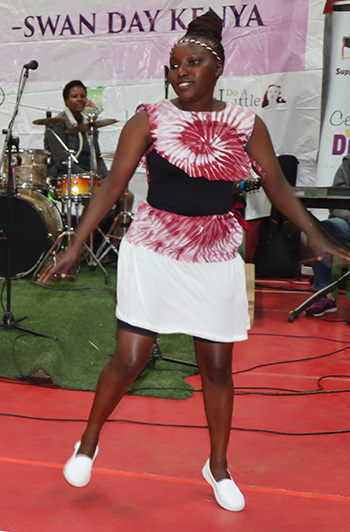
Anne Wanjiku Ngatia (a.k.a Shiku) is a community psychologist as well as a dancer and a choreographer, who also works with World March of Women.
Tony Mboyo Kithiaka (a.k.a Kasmall) is a puppeteer and the coordinator of the Kenya Institute of Puppet Theatre, which uses puppet theatre to promote community education and social change.
Fredrick Ooko Ogolla (a.k.a. MC Toothbrush) is a dancer, a choreographer, and the director of the Restoring Dignity Foundation, which works to restore dignity and well-being to people living in one of Kenya’s largest slums.
Building The Power Of Unity
As Ogutu explains, the festivals provide a way to unite the voices of women, and when they speak with a collective voice, they can get television and radio broadcasters, social media platforms, and newspapers to pay attention to their concerns.
Building The Power Of Mutual Support
Also, because of the bonds they have formed through Support Women Artists Now Day, the team can be mobilized to respond to other issues. For instance, a teen dance company from the Mathare area of Nairobi performed at the festival this year. When the Mathare slums were devastated by floods last week (see pictures here), Ogutu and the Make It Happen team gathered food and supplies to take to the flood victims.
Caring for Mental Health & Cultivating Hope
Third, they recognize that many artists and activists are under extreme stress these days, and they are taking steps to care for each other’s mental health. Like their sisters in so many other countries, Kenyan women artists can experience burn-out and despair when they have so much to share and no place to do it.
Healing Through Art
Women from the Make It Happen core team plus Juliette Omollo and Neema Baghamahunda (a dance duo), started an initiative called Healing Through Art to help manage the stress and mental health of women in social movements.
Women in the Healing Through Art program meet in groups of 20 or less and are given space to share whatever is bothering them through conversation, dance, painting, personal letter writing, improvisational theatre, and other arts activities. The program gives women a way to help each other stay grounded and feel hopeful. Their motto is “a problem shared is a problem half-solved.”
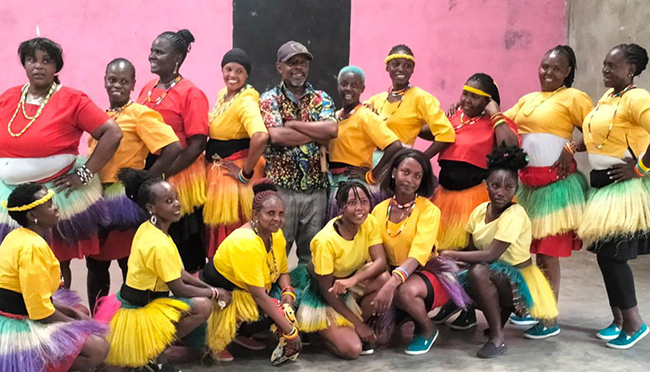
Click picture to learn more about them.
Survival Skills Summary
Start With Trust & Respect
When we look at the Kenyan example, we can see that the most important thing is simply to find people who share our values and hold them close. If we have colleagues we trust and respect, we can create positive energy that will draw others to join us, and eventually we will have enough people to be heard.
See Our Work In Context
All of the core Make It Happen team members see their work as artists in the context of large social change movements. This helps them draw courage and inspiration from other artists and activists all over the world.
Support Each Other’s Mental Health
Many people are dealing with extreme stress and depression from experiencing or witnessing the effects of endless wars, income inequality, and climate change. We need to be mindful of each other’s mental health and find ways to support each other.
Stay Hopeful
Finally, we need to find ways to remain hopeful and find moments of joy, even though our journey may be difficult and long. There are many examples in U.S. history and around the world where people fought for changes that they did not live to see, but their efforts made a huge difference.
As Sophie Ogutu says, “We believe in the saying that ‘the journey of 1,000 miles begins with one step,’ so we just need to keep organizing and organizing and organizing more.”
Help the Flood Victims in Kenya
Please consider making a donation to help the Kenyan flood victims. The floods have displaced over 190,000 people, and many do not have access to food, clean water, or medical supplies. Many relief organizations are starting campaigns to help. Here are three highly-rated ones: Helping Hand for Relief & Development, Doctors Without Borders, and Thousand Currents.

